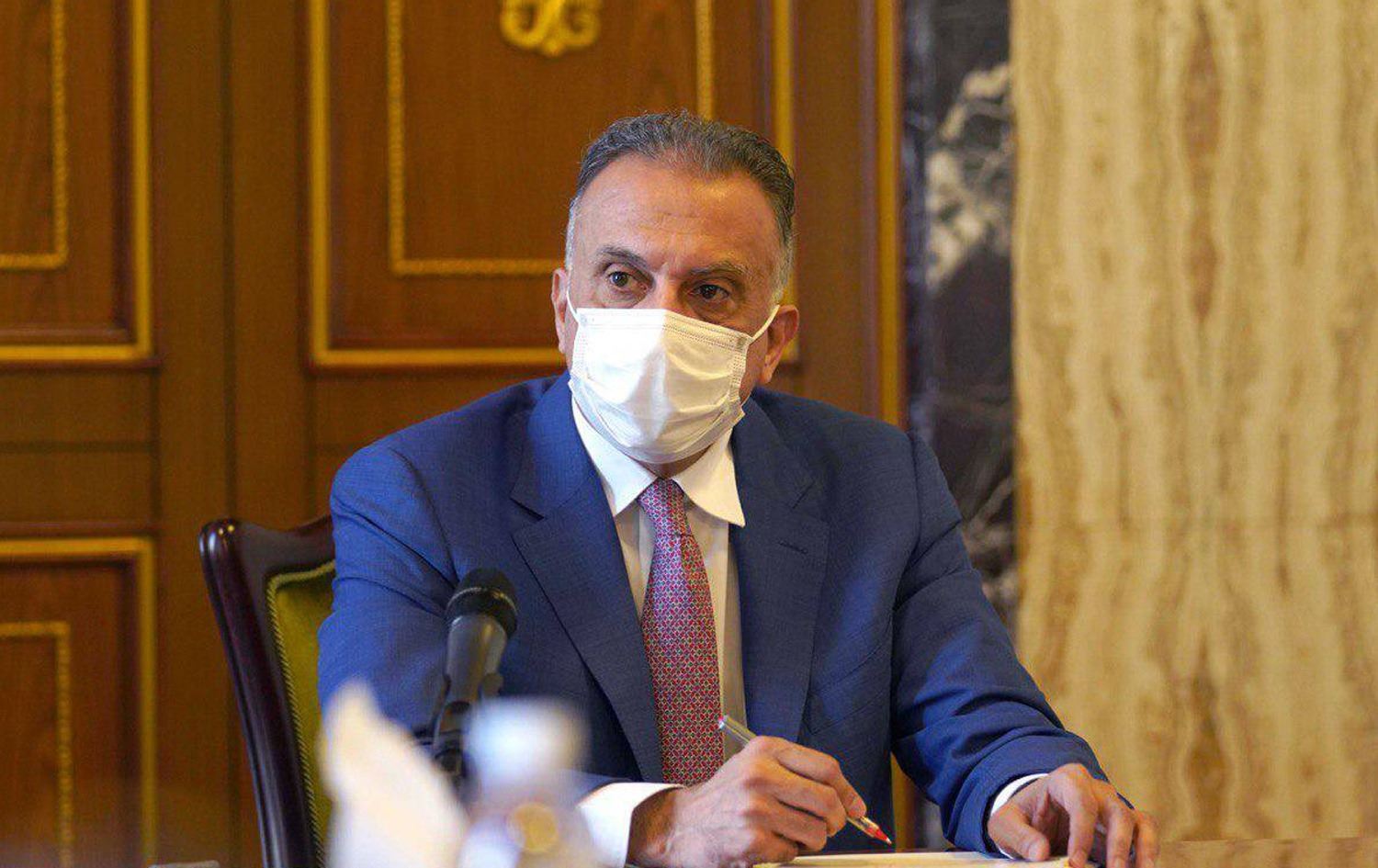The borrowing law slips between the knife of disapproval and the altar of the crisis

Shafaq News/ While the Federal government headed by Mustafa Al-Kadhimi hopes that the Iraqi Council of Representatives will expedite passing the fiscal deficit bill to meet the salaries crisis in the state, Iraqi political blocs, mainly Shiite, are expressing reservations on the plan and pushing the government towards alternatives to borrowing, that became an escaping forward plan in the light of the lingering economic distress that is plunging the oil-rich state to the brink.
On Saturday, the leader of the Sadrist movement, Muqtada al-Sadr, warned against internal and external borrowing to meet the deficit in the general budget. “Al-Fatah” coalition led by the Secretary-General of the Badr Organization, Hadi Al-Amiri, had a similar opinion regarding borrowing, "The government must provide realistic and practical solutions that secure the salaries on the one hand and not burden the Iraqi state's treasury with debts on the other hand." The coalition said in a statement issued today, Sunday, "we are supportive of such measures, as we endeavor to quickly cast them to vote and continue to find practical solutions to all issues related to the financial crisis and economic reform, and not to rely on blank papers that do not offer any practical solutions."
The Minister of Finance, Ali Allawi, announced that the salaries of the public sector employees will be released immediately if the parliament approves the fiscal deficit law. However, it will be delayed for more than two weeks if the law does not pass the vote in the Parliament.
For his part, a member of the Parliamentary Economic Committee, Mazen Al-Faili, stressed the need to reduce the borrowed amounts, maximize revenues and combat waste and corruption.
"We affirm the need to reduce the amounts required in the deficit financing law to reduce borrowing to the lowest possible level, to guarantee the necessary allocations of salaries, retirement pensions, food card and social welfare. Those do not exceed seven trillion for the remaining three months of the year 2020," he said.
The draft fiscal deficit law stipulates that the federal government borrows a huge amount of 41 trillion dinars. This was met by reservations from the Finance Committee in the Iraqi Council of Representatives, as the government resorted to borrowing months ago to secure the salaries of state employees, following the decline in oil prices due to the COVID-19 pandemic that paralyzed the world economies.





